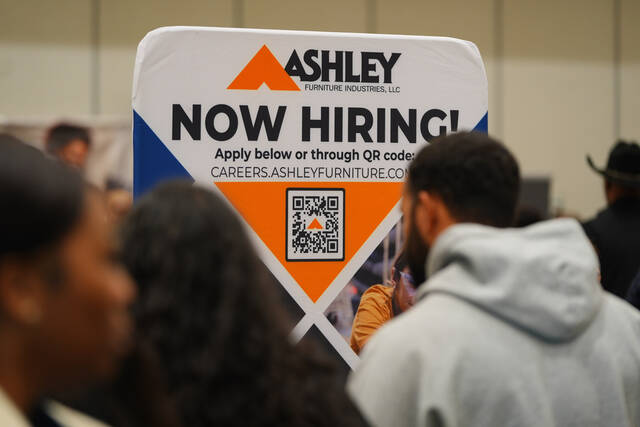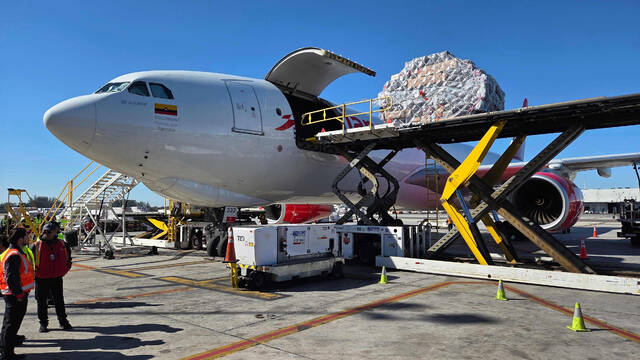Private employers added fewer workers in May than any month in the past nine years, falling far short of analyst estimates and sending a troubling signal about the state of the U.S. labor market.
Stock markets gave up some gains in premarket trading Wednesday in response to the report from ADP, a payroll processor, as investors balked at signs of trouble in an economy already racked by instability from President Trump’s multifront trade war.
27,000 private sector #jobs added in May per ADP National Employment Report. View report here: https://t.co/FT7VTLGHST #JobsReport pic.twitter.com/tbvgJ3Ze4k
— ADP (@ADP) June 5, 2019
“Not only are factories not coming back to America, the existing companies in the country are not churning out new jobs,” Chris Rupkey, chief financial economist at MUFG Union Bank, wrote in a note to investors on Wednesday. “If this number is to be believed the Trump economics team is going to have to find a new way to boost economic growth as the economy is clearly slowing and a slowing economy does not make business run out and hire a lot of new people to help them sell and produce goods and services.”
Private employers added 27,000 jobs in May, the lowest monthly number since March 2010, and a far cry from the 100,000 to 250,000 range forecast by analysts. The report also is jarring in contrast with April’s, which recorded a private-sector gain of 271,000 jobs.
The ADP numbers do not bode well for the U.S. jobs report, which tallies private- and public-sector employment, that the Labor Department will release Friday. In his note, Rupkey said he was lowering his estimates for the Labor Department report from 200,000 to 120,000 because of the grim picture painted by ADP.
Rate-cut talks are ramping up again this morning as the ADP employment number comes in way below expectations, with the report showing 27,000 jobs added rather than the expected 185,000. 2-year yields drop. pic.twitter.com/T9dkUkgAxm
— Lisa Abramowicz (@lisaabramowicz1) June 5, 2019
The employment climate is unlikely to brighten anytime soon, as companies that were struggling to shield themselves from the impact of Trump’s 25% tariffs on $250 billion in Chinese imports are also facing the prospect of new tariffs on Mexican goods. Trump has said those penalties will start June 10 at 5% and escalate monthly, to as much as 25%, unless Mexico cuts off the flow of Central American migrants across their shared border.
Tariffs on Mexico, set to go in effect on Monday, would cost Texas alone more than 117,000 jobs, according to a new analysis https://t.co/Yc4B7GDO6k
— CNN Business (@CNNBusiness) June 6, 2019
The report, which is released jointly with Moody’s Analytics, also noted that small businesses (those with fewer than 50 employees) shed 52,000 jobs in May - the biggest loss in nine years. Franchises lost 4,800.
“Job growth is moderating,” Mark Zandi, chief economist at Moody’s, said in a statement. Moody’s produces the figures with ADP. “Labor shortages are impeding job growth, particularly at small companies, and layoffs at brick-and-mortar retailers are hurting.”








